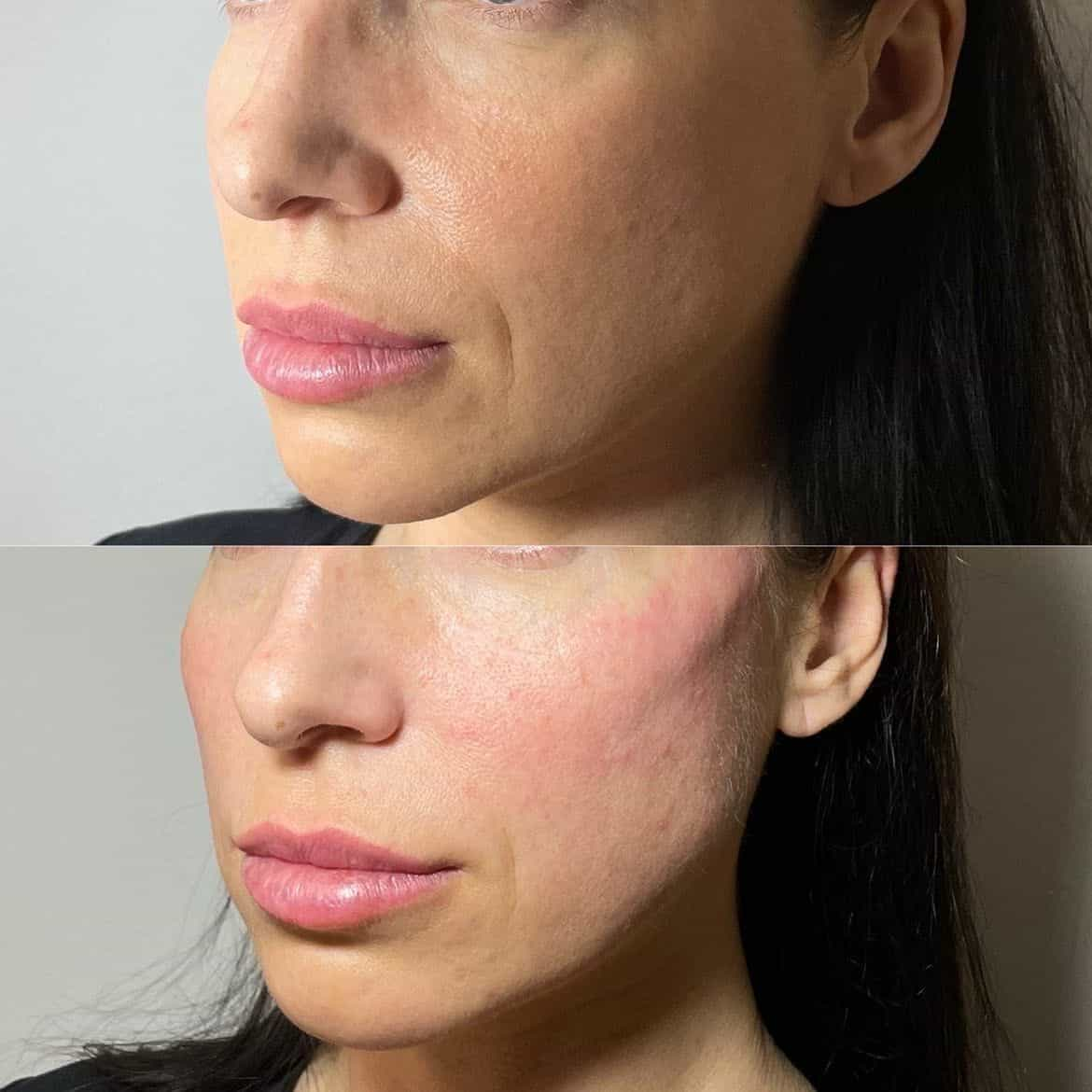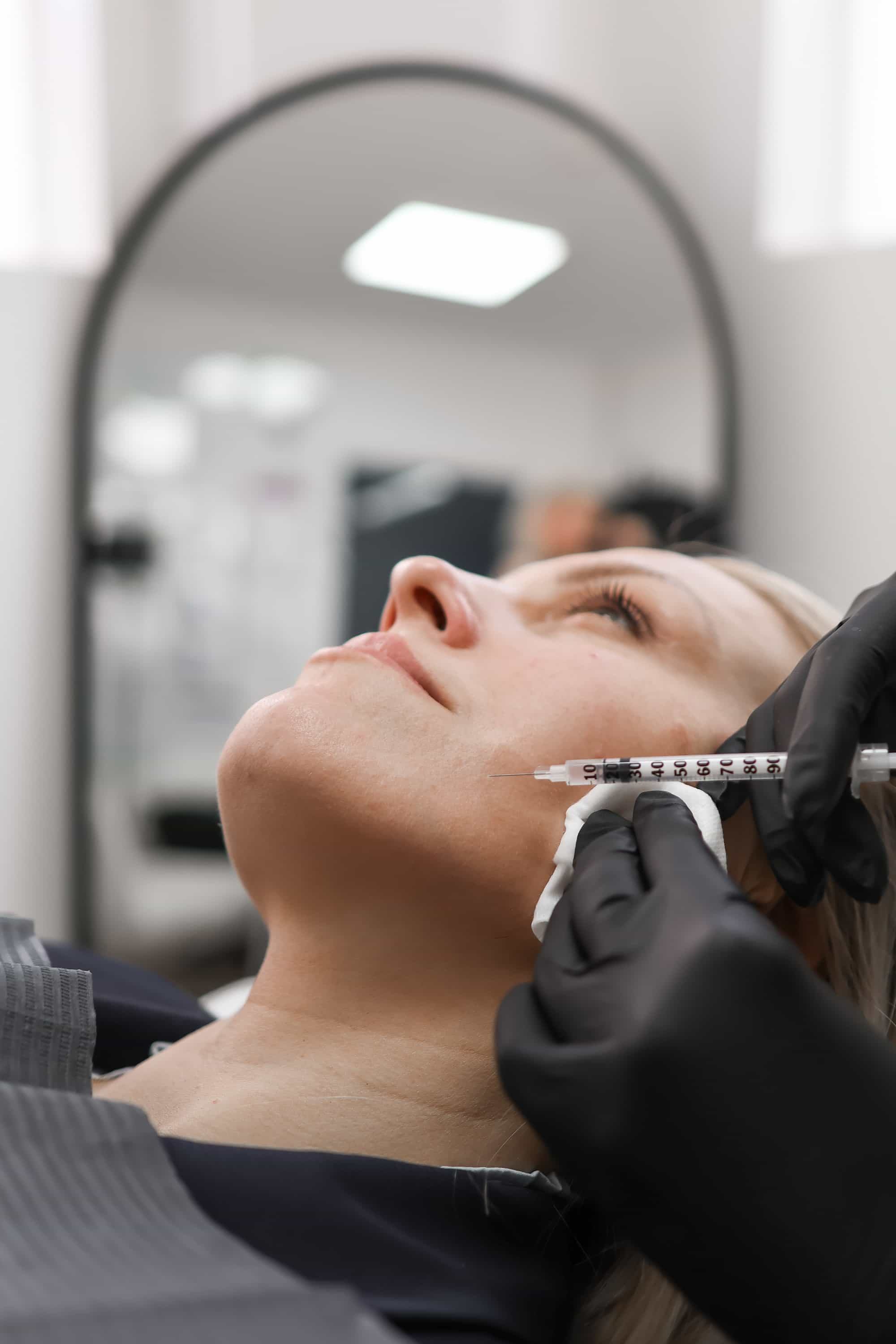Psychological Benefits
A downturned smile, often characterized by a lack of visible expression in the upper lip and cheeks, can significantly impact an individual’s psychological well-being. Beyond its aesthetic implications, a downturned smile can contribute to feelings of sadness, anxiety, and low self-esteem. Recognizing the profound influence that facial expressions have on our emotional state underscores the importance of addressing this issue through appropriate treatment options.

Improved Self-Esteem
Treating a downturned smile offers numerous psychological benefits, with improved self-esteem being a key outcome. A more balanced and upward-turned smile can positively impact an individual’s perception of themselves and their place in the world. Here are some specific ways treating a downturned smile can contribute to increased self-esteem:
- Enhanced Facial Symmetry and Appearance
- Increased Confidence and Self-Assurance
- Improved Social Interactions and Communication
- Reduced Negative Emotional Associations
Increased Confidence
A more balanced and upward-turned smile can positively impact an individual’s perception of themselves and their place in the world. Here are some specific ways treating a downturned smile can contribute to increased self-esteem:
- Enhanced Facial Symmetry and Appearance
- Increased Confidence and Self-Assurance
- Improved Social Interactions and Communication
- Reduced Negative Emotional Associations
Reduced Anxiety and Stress
Treating a downturned smile offers numerous psychological benefits, with improved self-esteem being a key outcome.
A more balanced and upward-turned smile can positively impact an individual’s perception of themselves and their place in the world. Here are some specific ways treating a downturned smile can contribute to increased self-esteem:
- Enhanced Facial Symmetry and Appearance
- Increased Confidence and Self-Assurance
- Improved Social Interactions and Communication
- Reduced Negative Emotional Associations
A downturned smile can contribute to feelings of sadness, anxiety, and low self-esteem. By addressing this issue through treatment, individuals can experience a reduction in these negative emotions.
Furthermore, the positive changes brought about by treating a downturned smile can have a ripple effect on overall well-being. A more balanced facial expression can lead to:

- Reduced anxiety and stress
- Improved mood and outlook
- Increased feelings of happiness and contentment
Social Benefits
A downturned smile, characterized by a lack of visible expression in the upper lip and cheeks, can significantly impact an individual’s psychological well-being. Beyond its aesthetic implications, a downturned smile can contribute to feelings of sadness, anxiety, and low self-esteem. Treating this condition offers numerous psychological benefits, with improved self-esteem being a key outcome.
Enhanced First Impressions
Enhanced facial symmetry achieved through treatment of a downturned smile contributes to a more balanced and aesthetically pleasing appearance. This can have a positive impact on an individual’s self-perception, boosting confidence and self-assurance.
A more approachable and inviting smile can lead to improved social interactions and communication. People with downturned smiles may find it easier to connect with others and build relationships when their facial expression conveys warmth and positivity.
By addressing the underlying cause of a downturned smile, individuals can reduce negative emotional associations they may have with their appearance or expressions. This can lead to a sense of relief and empowerment, allowing them to view themselves more positively.
Improved Communication
Treating a downturned smile offers numerous psychological benefits, with improved self-esteem being a key outcome. A more balanced and upward-turned smile can positively impact an individual’s perception of themselves and their place in the world.
Enhanced facial symmetry achieved through treatment of a downturned smile contributes to a more balanced and aesthetically pleasing appearance. This can have a positive impact on an individual’s self-perception, boosting confidence and self-assurance.
A more approachable and inviting smile can lead to improved social interactions and communication. People with downturned smiles may find it easier to connect with others and build relationships when their facial expression conveys warmth and positivity.
By addressing the underlying cause of a downturned smile, individuals can reduce negative emotional associations they may have with their appearance or expressions. This can lead to a sense of relief and empowerment, allowing them to view themselves more positively.
Greater Social Connection
Treating a downturned smile offers numerous psychological benefits, with improved self-esteem being a key outcome. A more balanced and upward-turned smile can positively impact an individual’s perception of themselves and their place in the world.
Enhanced facial symmetry achieved through treatment of a downturned smile contributes to a more balanced and aesthetically pleasing appearance. This can have a positive impact on an individual’s self-perception, boosting confidence and self-assurance.
A more approachable and inviting smile can lead to improved social interactions and communication. People with downturned smiles may find it easier to connect with others and build relationships when their facial expression conveys warmth and positivity.
By addressing the underlying cause of a downturned smile, individuals can reduce negative emotional associations they may have with their appearance or expressions. This can lead to a sense of relief and empowerment, allowing them to view themselves more positively.
Physical Benefits
While often considered an aesthetic concern, a downturned smile’s impact extends far beyond appearances. It can profoundly influence an individual’s emotional well-being, contributing to feelings of sadness, anxiety, and low self-esteem. Recognizing the physical manifestations of these emotions underscores the importance of addressing a downturned smile through appropriate treatment.
Reduced Facial Wrinkles
One physical benefit of treating a downturned smile is the reduction of facial wrinkles. When the muscles responsible for smiling are engaged less frequently due to a downturned expression, they can become weaker and tighter, leading to the formation of wrinkles around the mouth and cheeks. Correcting this imbalance through treatment allows these muscles to function properly, potentially minimizing the appearance of existing wrinkles and preventing new ones from developing.
Improved Oral Health
Improved oral health is an often overlooked benefit of treating a downturned smile. A downturned smile can lead to improper chewing patterns as the mouth struggles to form a full smile. These altered chewing habits can put increased stress on teeth and jaw muscles, potentially contributing to issues like TMJ disorders, tooth wear and tear, and even headaches.
Correcting this imbalance through treatment allows for a more natural and complete smile, encouraging proper chewing mechanics and reducing strain on the oral structures. This can contribute to better overall oral health and potentially mitigate existing dental problems.
Experience expert care for your downturned smile at It’s Me & You Clinic.
- Why Does My Lip Filler Not Last - November 14, 2025
- What Is The Difference Between Cheek Fillers And Temple Fillers? - November 12, 2025
- What Are The Best CBD Gummy Sweets For General Wellbeing - November 10, 2025

